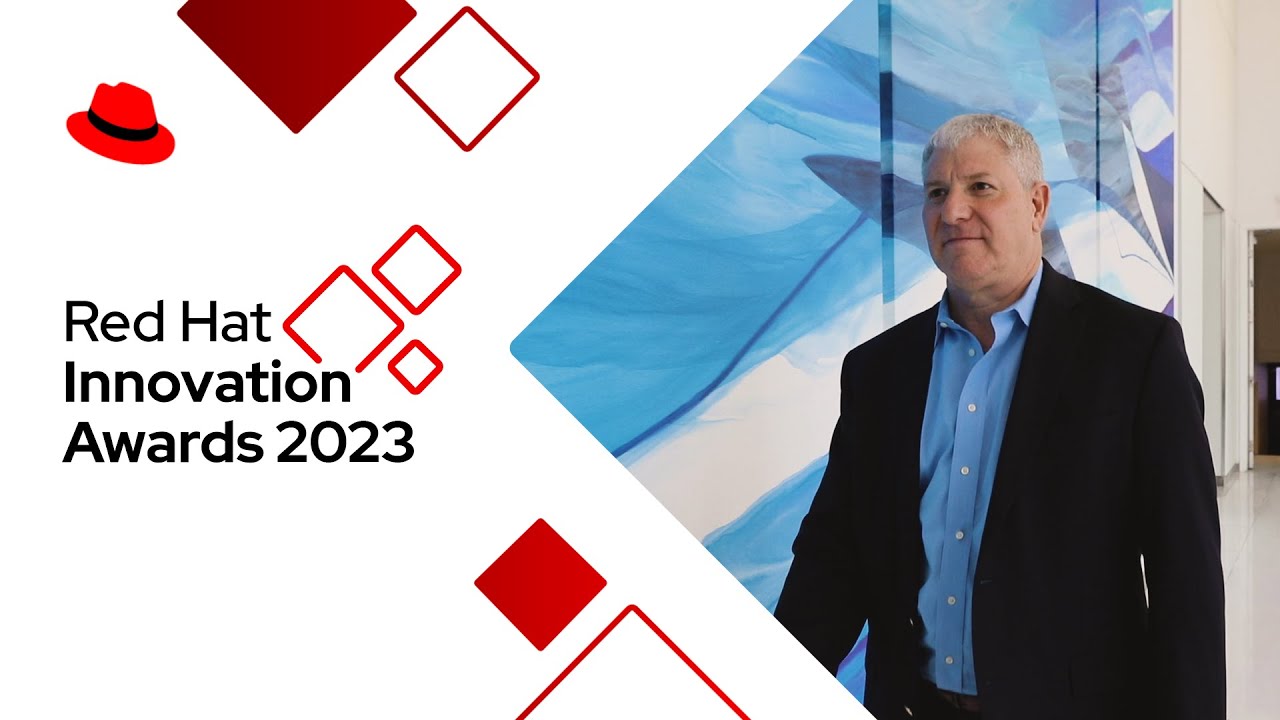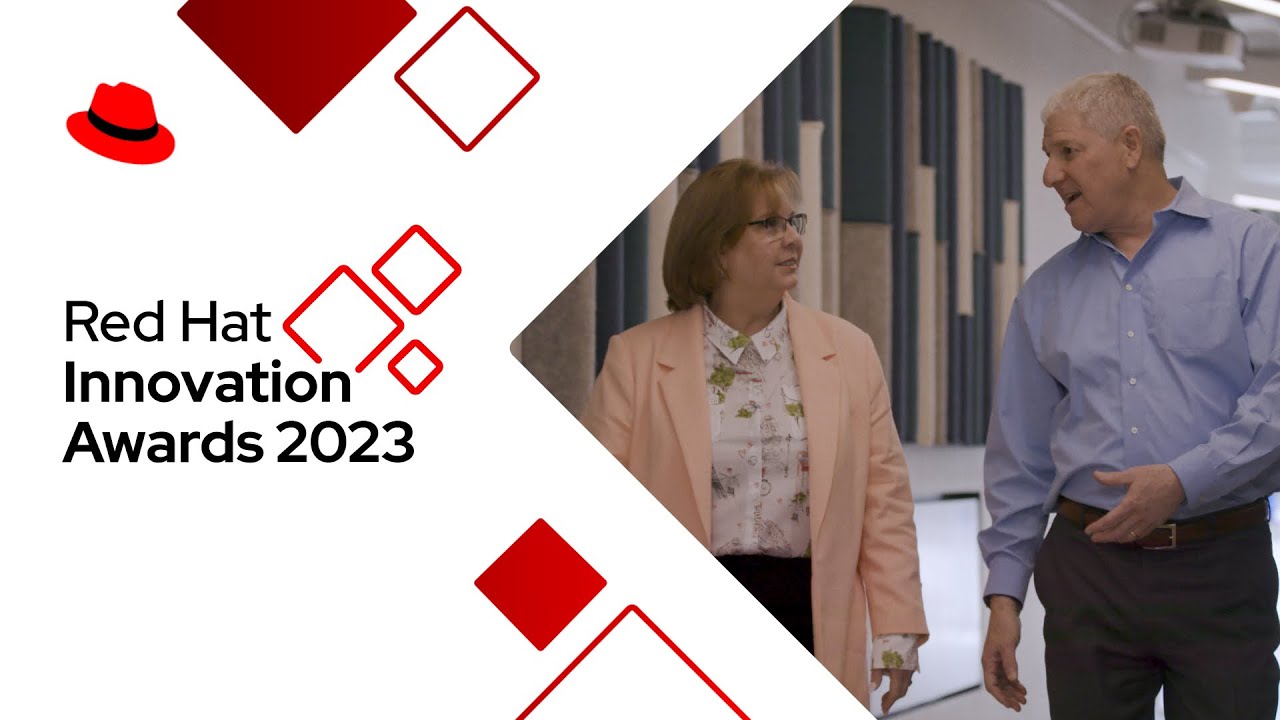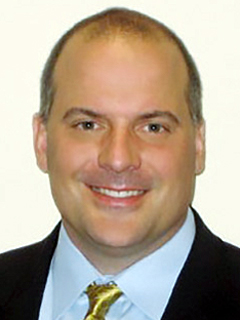Transcript
The goal Tennessee had was really to transform their service delivery. The Department of Human Services has roughly thirty-six-hundred employees and serves about two million Tennessee residents. KPMG and Red Hat together built the services layer for the Department of Human Services. We were like, in essence, the plumbing for the entire modernization effort.
So, during the pandemic, there was an increase of volume because the rules for distributing benefits were widened. And so not only did they have to implement the services faster, but they had to do it in volumes that were unprecedented. KPMG and Red Hat’s solution was integral to that because we were the middle part. We were the glue that binded all those module systems together.
KRIS is the KPMG Resource Integration Suite. So, it's a suite of products and the KRIS Connected platform is the channel or the method on which all systems integrate across the entire enterprise. So, an engagement layer, it could be back-end database, it could be program systems.
Red Hat technologies allow us to scale because it is highly performant software. The integration layer is micro-services based and it runs in containers and it's very fast. OpenShift provides a container platform that allows us to run it on any cloud, for any state agency.
We're also looking to expand the KRIS Connected Platform to other domains in state and local government, including transportation and finance. And there's also global applicability. We’ve just begun this journey with KRIS because we believe that the future is so bright. We are helping deliver services to the neediest population, people who need those services, they need health care, they need cash assistance, they need food assistance. And knowing that our platform is help-enabling-that is incredible for us.



